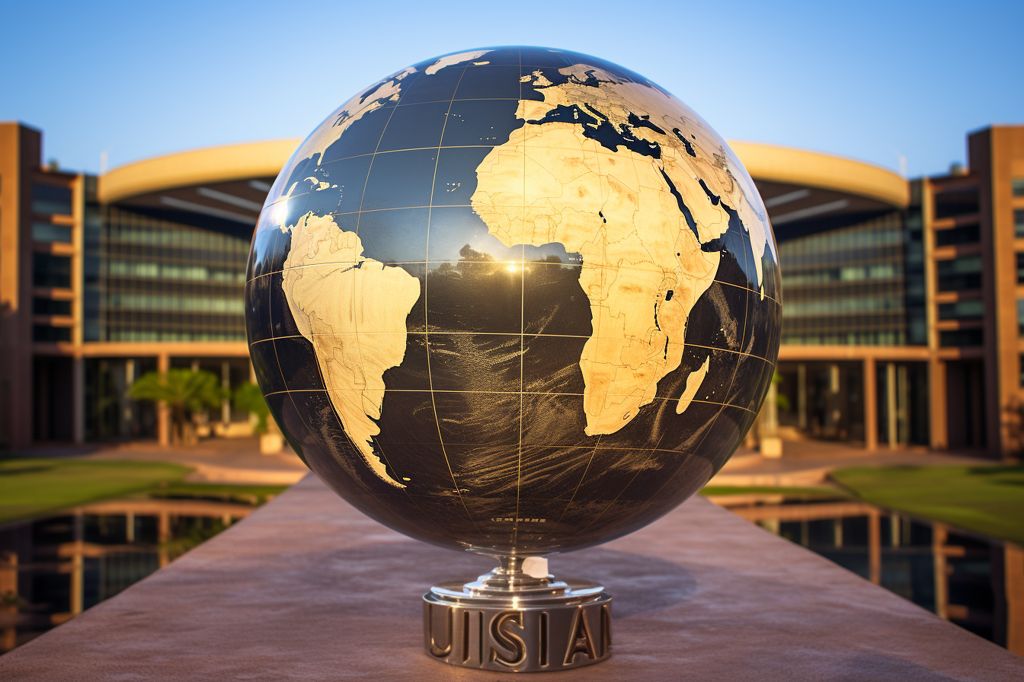South Africa has launched its first National Biodiversity Offset Guideline to address the degradation of natural assets and the loss of biodiversity. The publication of this innovative approach in Government Gazette 48841 underscores the country’s pressing need for action and a strategic response to unsustainable development.
Biodiversity Offsetting to Mitigate Environmental Impacts
Biodiversity offsetting is a mitigation strategy envisioned in the National Environmental Management Act (NEMA) principles, which aims to minimize and offset biodiversity loss in South Africa. However, there has been a lack of consistency in its implementation. The National Biodiversity Offset Guideline seeks to bring uniformity and standardization to this practice, ensuring improved protection and appropriate management of biodiversity.
Guiding Principles for Biodiversity Offsetting
Offsets are only necessary when significant residual biodiversity impacts persist after all other efforts to avoid and minimize negative impacts have been exhausted. The Guideline establishes fundamental principles for biodiversity offsetting in South Africa, providing guidance on when offsets are mandatory, how to determine offsetting requirements, and ensuring accountability for their implementation.
Scope and Limitations of the Guideline
While the Guideline applies to terrestrial and freshwater ecosystems, it does not directly address offshore marine areas or estuarine ecosystems. Nevertheless, developers are not exempt from offsetting requirements if their projects negatively impact these areas. It is important to note that the Guideline is not legally binding, but a supplementary resource to help implement NEMA and the Environmental Impact Assessment Regulations.
Significance of the National Biodiversity Offset Guideline
South Africa’s diverse ecosystems face significant threats, as highlighted by the National Biodiversity Assessment 2018. The implementation of the National Biodiversity Offset Guideline is a crucial step towards preserving the nation’s biodiversity. It provides clear guidance to developers and authorities on how to offset biodiversity losses, enabling responsible decisions that minimize the environmental impact of their projects.
In summary, the National Biodiversity Offset Guideline is a critical tool for South Africa’s efforts to protect and preserve its unique ecosystems. Its launch marks a critical milestone in the country’s journey towards sustainable development and a more responsible approach to managing its natural resources.








